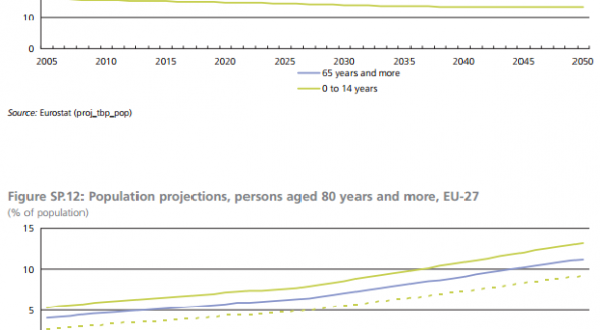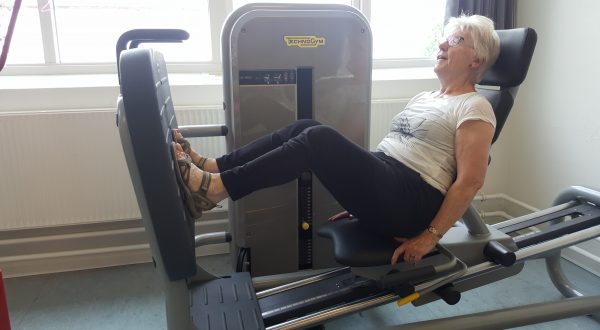
Background
Older adults aged 65 and over are the fastest growing segment of the World‘s population (World Health Organisation [WHO], 2011). Although prolongation of life remains an important public health goal, of even greater significance is the preservation of the capacity toRead more

Physical Activity (PA)
Physical activity has well documented health benefits (Pedersen et al., 2006). It is well established that physical activity plays a key role in the prevention of non-communicable diseases and disabilities among the elderly due to its close relationship withRead more

Sedentary Behaviour (SB)
Sedentary Behaviour (SB) is defined as any waking behaviour characterized by an energy expenditure ≤ 1.5 metabolic equivalent (METs) while in a sitting or reclining posture. The effect of SB on health is two-fold; firstly, the amount of time spentRead more
Self-Management-Strategies (SMS)
From a health perspective, one of the most frequently used theories to inform behaviour change interventions is social cognitive theory (Bandura, 1977). This theory identifies self-efficacy, defined as confidence in own capabilities, as the main casual determinant of behaviour, andRead more
